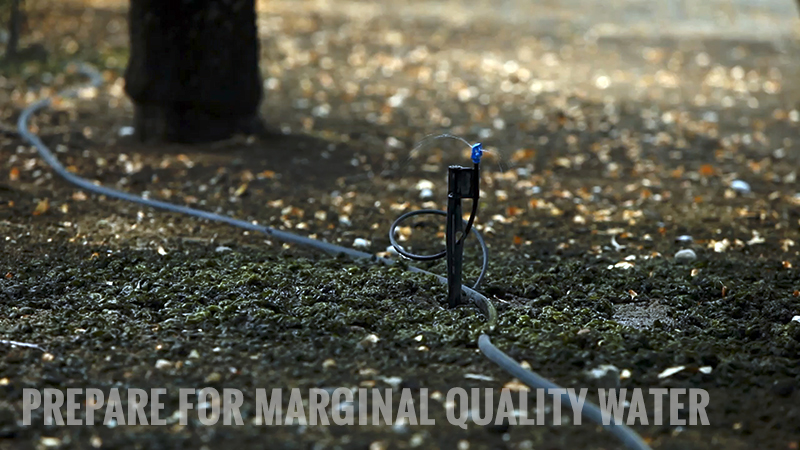New Penn State Minor Brings Entrepreneurship To The Farm
A new minor at Penn State University that made its debut this fall offers students in the agriculture sciences the opportunity to explore entrepreneurship with the addition of the Intercollege Minor in Entrepreneurship and Innovation (ENTI). Although it may seem like an unlikely pairing between agriculture and entrepreneurship, Liz Kisenwether, assistant professor in the School of Engineering Design, Technology and Professional Programs, is quick to point out, “I’ve always thought that farmers and people working in agriculture have some of the real foundational characteristics of entrepreneurs.”
Kisenwether also serves as the minor’s director.
Students participating in the ENTI minor program take three core classes: Entrepreneurial Mindset, Entrepreneurial Leadership, and New Venture Creation. After completing the core classes, students can pick one of five areas of concentration including Food and Bio-Innovation, New Venture, New Media, Social Entrepreneurship, and Technology-Based Entrepreneurship. The Food and Bio-Innovations cluster is housed within the College of Agriculture Sciences.
“People in agriculture are entrepreneurial, but they don’t know it. I think a lot of it is helping people see entrepreneurship in a larger scope and be able to apply some key business concepts to traditional businesses to see new avenues for value,” said Mark Gagnon, director of the Food and Bio-Innovation cluster in the ENTI minor. “We talk about the mindset and developing that in our students because a lot of them don’t see themselves as ‘well that’s more on the business side of things.’ If we can break through and realize that the disciplines of marketing yourself, identifying your customer, taking new ideas and opportunities and acting upon them, can happen anywhere and it can certainly happen in the food and agriculture space.”
Students enrolled in the ENTI minor are charged with solving a challenge within the food, agriculture, and natural resource arena. This was specifically designed to encourage students of various majors to contribute to a project and tackle issues. Gagnon and Kisenwether noted that students in the ENTI minor tend to gravitate toward sustainablilty-focused endeavors when tackling the issues of today and tomorrow.
“I’m a firm believer that entrepreneurs are going to be the agents to deliver a lot of this needed change,” said Gagnon. “These massive challenges that we face in terms of the classic one is providing food, fresh water to the world, being good stewards of our natural resources, the call for renewable materials and energy and I think a good number of those solutions reside, are here in the agricultural space. … I think preparing our students to recognize opportunities, to recognize solutions from problems in a team-like format and then be able to marshal resources and build teams around solving these challenges.”
Classes take an entrepreneurial spin by putting the focus on the consumer, a takeaway Gagnon sees as essential for students looking to be involved in agriculture after graduation. He says students are encouraged to develop ideas and products, but to see that concept through the lens of the consumer.
“We continually challenge our students to look through the eyes of their customer, their client that they’re serving, to just say ‘do these needs really match up with their needs?’ And not necessarily the notion of an idea that we have in our own mind,” said Gagnon. “There’s that process of understanding what real needs are and then applying the ideas and solutions and actually bringing that out into practice as we all know is a huge challenge. We help develop those skills.”
As far as how entrepreneurship fits on the farm of the future, Gagnon says that this new minor allows students to see beyond what they know of the farm enterprise.
“There’s a lot that can be founded upon tradition that helps us all move forward. I think we encourage new thinking I think we encourage the application of some of the concepts of business and entrepreneurship with our students and give them a chance to experiment here while they’re on campus, where they’re not betting the farm,” said Gagnon. “Such things as understanding cash flow management, finances, understanding who their customer is, markets, trends, All the things that you certainly see, the traditional notion of entrepreneurship wrestle but I think that if we can expand that mindset and awareness with our students, our students in ag, and in particular the farm-based businesses, I think we’re going to be better off and our students will be better off.”
For those interested in the ENTI minor, visit www.enti.psu.edu and for information about the agricultural science portion of the minor, visit http://agsci.psu.edu/entrepreneur.










